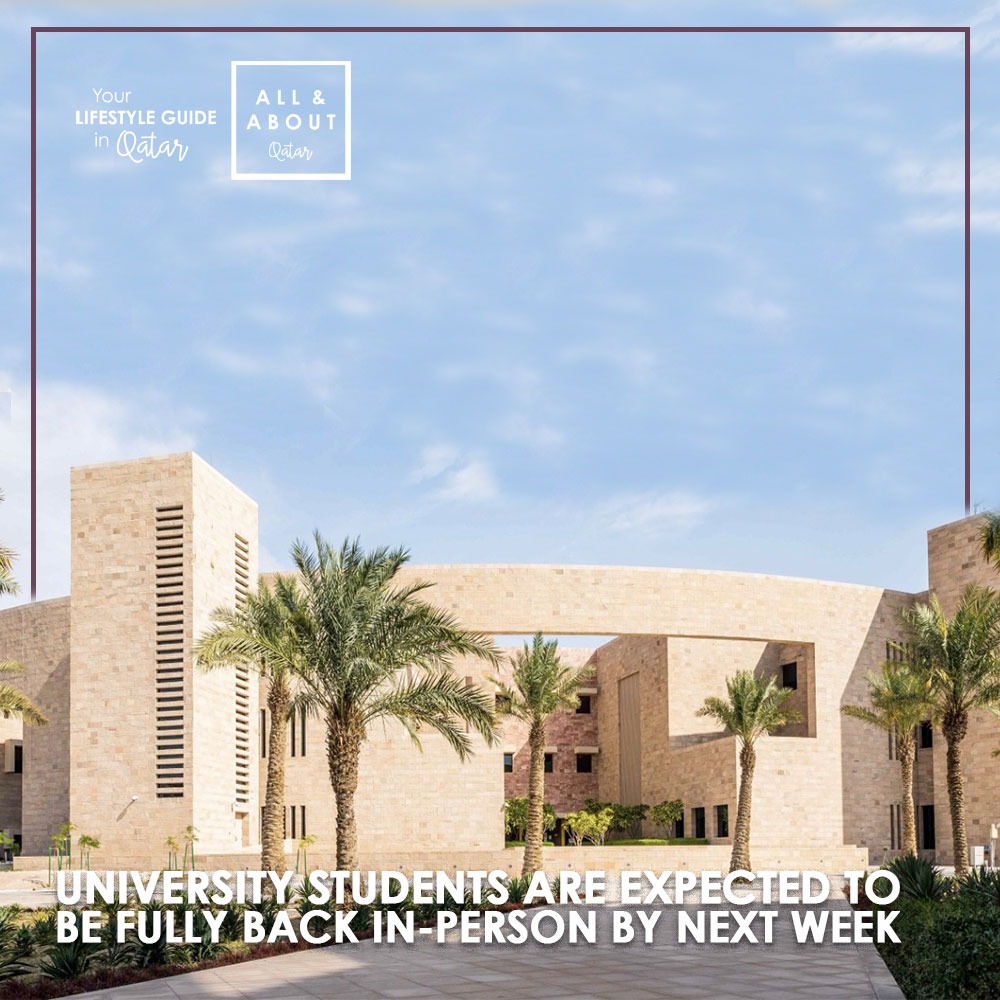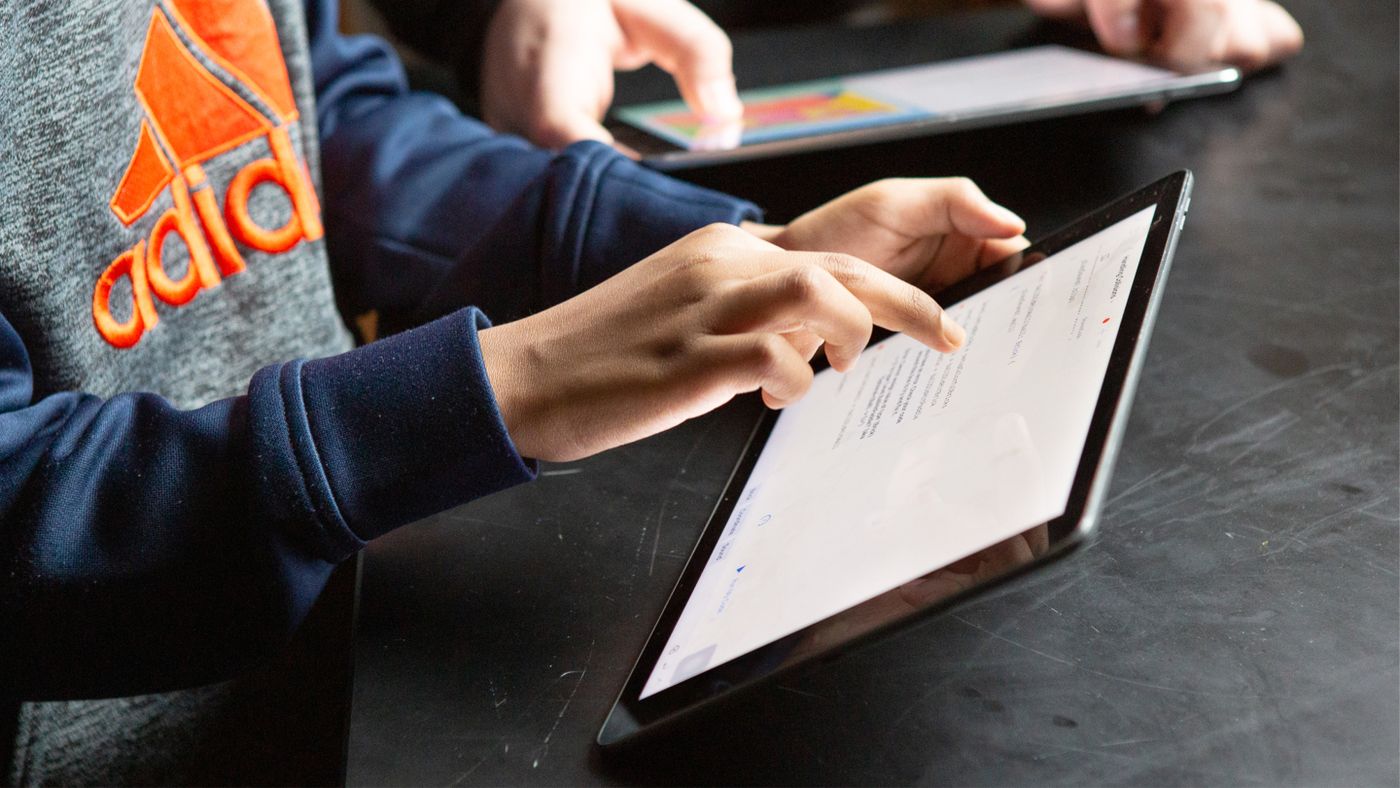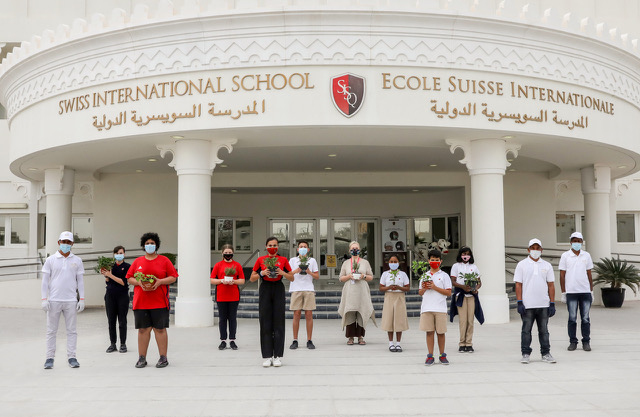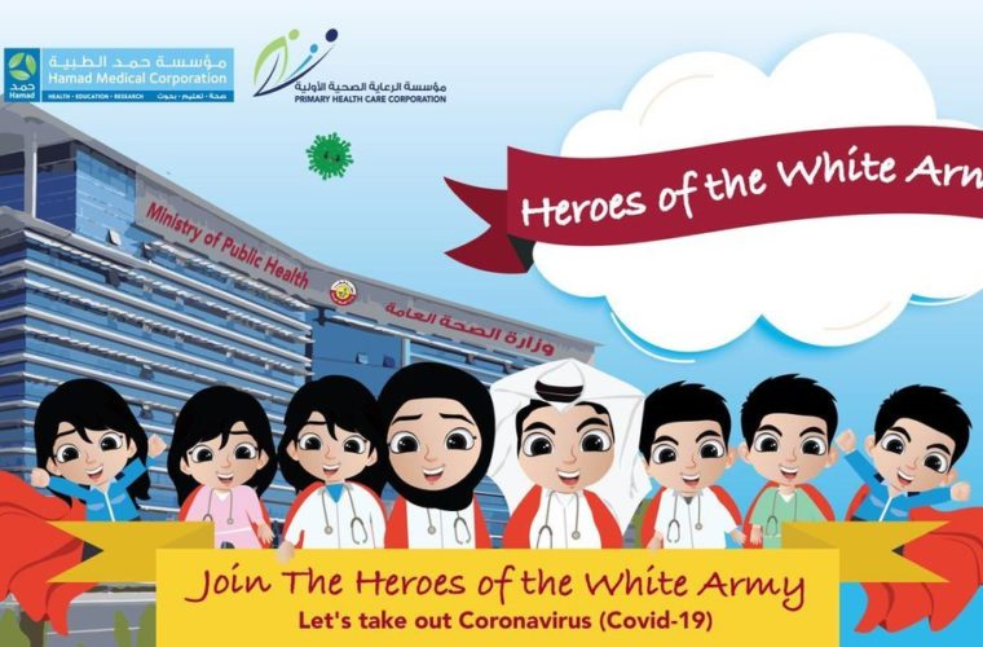UCL Qatar and Qatar Museums unveiled the findings of the Old Doha Rescue Excavation at a public event on Tuesday 5 December.
In a lively lecture, the latest of the UCL Qatar Public Lectures Series, Professorial Research Fellow at UCL Qatar, Professor Robert Carter and Head of Archaeological Operations at Qatar Museums, Dr. Ferhan Sakal discussed the work their teams had carried out at the archeological dig close to major city landmark, the Souq Waqif.
Noting Qatar’s perpetual resilience, Prof. Carter explained how from the early 1800s through to the 20th century, the land of Doha was marked by a perpetual state of flux and development, both as a pearl-oriented economy but also as a habitat.
It was announced that over last two hundred years there have been at least four instances where the people of Doha resolved to rebuild the city from scratch. Dr. Sakal noted how evidence of this literally lies beneath our feet, with the excavation finding Doha’s population of the time used infrastructure that already existed to recreate homes and buildings on top of constructions which had previously been dismantled.
The speakers noted how Doha’s initial development, as with many of the biggest hubs in the Gulf, was inspired by the Pearl Fishing industry. It is believed that from the early 19th century, the Gulf provided around 80% of the world’s pearls, with Qatar being a foremost player in the region.
The research has also uncovered evidence that shows Qatar has always been globally connected and how the pearl trade – considered for centuries a luxury item in the West – led to the importation of foreign goods such as ceramics from Europe and Far East.
Such was Qatar’s connection to the global market in the 20th century that the Pearl industry was heavily impacted by the Great Depression in 1929, with this event disrupting the Pearl Fishing economy because of its impact on Qatar’s trading partners, a mere twenty years or so before the discovery of oil once again led to a period of reconsolidation and development.

Commenting on the lecture, Professor Robert Carter, Professorial Research Fellow, UCL Qatar said:
“Today’s Doha reflects a process of adaptability and development that has been in place for hundreds of years. This study informs us about the living experiences of the people before us, and how Qatar was intimately connected to global networks – global patterns of trade, economics and consumption. It shows us how the distant and recent inhabitants of the town rose to the challenges which occur from living in a once geographically isolated place – factual evidence of which has been hitherto absent from historical sources. Building, buying and global expansion is not new to the people of Qatar.
“On behalf of UCL Qatar, I would like to extend our thanks Qatar Museums, Qatar Rail, the developer who permitted this excavation, for their support in enabling this excavation to take place.”

Dr Ferhan Sakal, Head of Archaeological Operations, Qatar Museums, said:
“Based on this kind of development-led archaeological project, researchers are able to extract information and insights previously unavailable. This work is fascinating because of what it tells us about the history which literally lies beneath our feet in this special country. The findings serve to enhance the heritage of Qatar and improve awareness of its rich history.”
The lecturers also noted that this important research was delivered through the Joint QM-UCL Qatar Old Doha Rescue Excavations (ODRE) and could not have been possible without the support of the Qatar National Research Fund.
The lecture took place as part of the monthly UCL Qatar Public Lectures Series. These can be viewed anywhere in the world live and in retrospect on UCL Qatar’s Facebook page.






Leave A Comment
You must be logged in to post a comment.